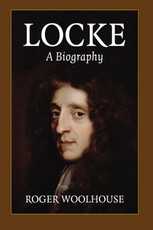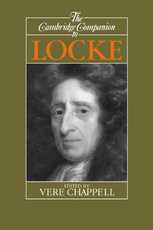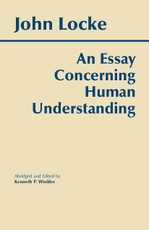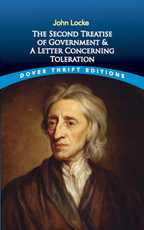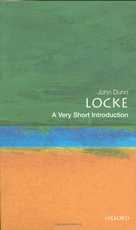
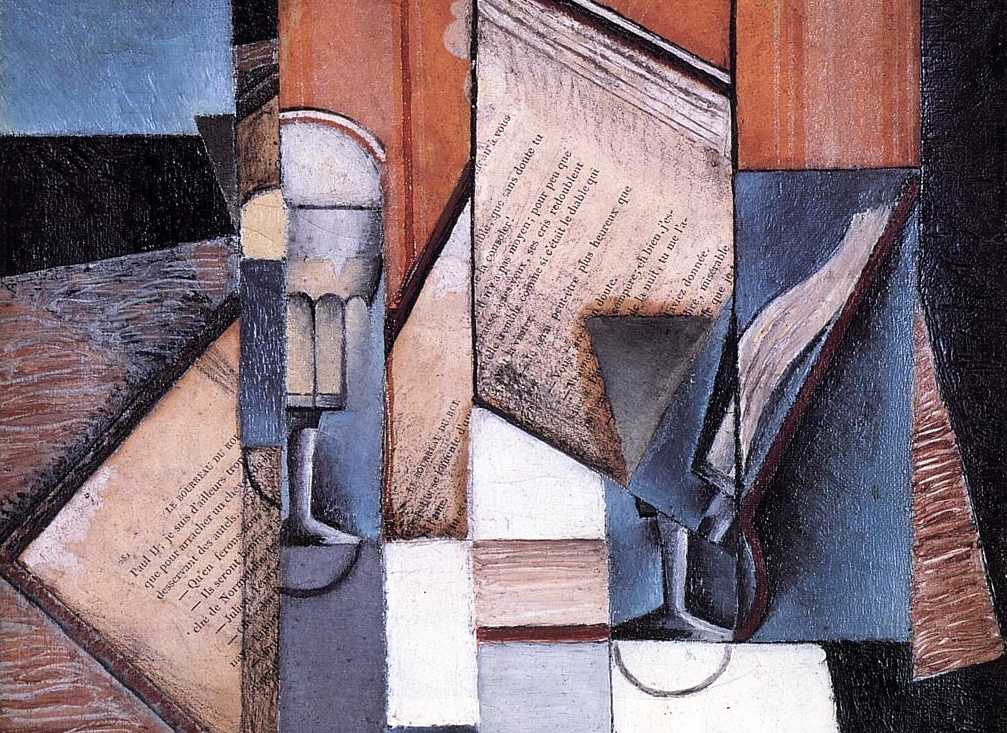
John Locke The Best 5 Books to Read
The 17th-century English philosopher John Locke is, along with Immanuel Kant, one of the Enlightenment’s most famous thinkers. Often dubbed the ‘father’ of empiricism, Locke is perhaps best known for his assertion that at birth we are all tabula rasas (blank slates), as well as for his foundational contribution to modern liberalism.
Locke’s work has had a profound influence on the history of Western philosophy. In epistemology, for example, Locke reacted against the rationalism of thinkers like Descartes (‘I think therefore I am’), and set in motion the great chain of empirical philosophy that would follow with philosophers like George Berkley and David Hume.
In political philosophy, meanwhile, Locke’s emphasis on clearly separating Church and State had a pivotal impact on French thinkers like Voltaire and Rousseau, as well as the Founding Fathers of the United States. In fact, a passage from Locke’s Second Treatise of Government is reproduced verbatim in the US Declaration of Independence.
In one concise email each Sunday, I break down a famous idea from philosophy. You get the distillation straight to your inbox:
💭 One short philosophical email each Sunday. Unsubscribe any time.
Given these contributions, the late philosopher Bryan Magee argues there’s a case to be made that Locke is the most influential philosopher since the great ancient Greek thinker Aristotle. Summarizing Locke’s legacy in his philosophical memoirs, Confessions of a Philosopher, Magee writes:
If Locke has come to be thought of as something of a plain, commonsensical thinker, perhaps even a bit pedestrian, it is because what he had to say has become so familiar that it may be in danger of seeming obvious to us now; but the truth is that when he put it forward it was profoundly original, and not obvious at all. The fact that it can seem obvious now is a measure of his influence. Indeed, it could be seriously argued that he is the most influential philosopher since Aristotle.
This reading list consists of the best books on and by John Locke. After reading it, you’ll understand exactly why this brilliant 17th-century thinker has been so influential on modern civilization.
1. Locke: A Very Short Introduction, by John Dunn
Published in 2003, John Dunn’s Locke: A Very Short Introduction is a fantastic place to start for anyone with a budding interest in John Locke’s philosophy.
Considering the sheer breadth and depth of Locke’s thinking, Dunn does an admirable job in providing an illuminating overview of his most important ideas.
Dunn also provides helpful background to contextualize Locke’s work, and makes clear why his influence continues to be so enduring. Coming in at an accessible 112 pages, this is a very nice entry point to Locke.
2. Locke: A Biography, by Roger Woolhouse
If you’re seeking to dive a little deeper with your Locke scholarship, look no further than Roger Woolhouse’s Locke: A Biography, first published in 2008.
Offering the first biography of Locke in over half a century, Woolhouse does a wonderful job in guiding the reader through Locke’s varied life and thought against the historical background of the English Civil War, religious intolerance, and bigotry. Woolhouse not only outlines and contextualizes Locke’s philosophy, but provides facinating insights into debates and arguments he had with other intellectuals of the period.
With its 560 pages packed full of insight, Locke: A Biography is a brilliant accompaniment for those seeking a deeper understanding of Locke’s life, thought, and enduring legacy.
3. The Cambridge Companion to Locke, by Vere Chappell
If you’re seeking a more philosophically engaged introduction to and critique of Locke’s philosophy, look no further than The Cambridge Companion to Locke, edited by Vere Chappell.
This volume assembles nine brilliant essays from leading scholars discussing various aspects of Locke’s thought, from his epistemology to his politics.
An engaging and thoughtful read, The Cambridge Companion to Locke belongs on the bookshelf of any serious student of Locke’s philosophy.
4. An Essay Concerning Human Understanding, by John Locke
Turning from introductions to primary texts, where better to start than with the text that cemented Locke’s name into the history of philosophy?
Locke’s 1689 An Essay Concerning Human Understanding is one of the most important philosophical works of all time. It forever immortalized Locke as the empiricist of philosophy, as he argues that human beings are born as blank slates, and that it is experience and experience only that furnishes the mind with ideas. This was in stark contrast to his rationalist predecessors and contemporaries, who believed it to be self-evident that we’re all born with innate ideas and knowledge.
With this work, Locke formally started an argument that philosophers are still having today. Its originality and profundity make An Essay Concerning Human Understanding a must read for anyone interested in where our ideas come from.
5. Second Treatise of Government, by John Locke
The influence of John Locke’s 1689 Second Treatise of Government can be observed simply by examining the constitutions of any democratically-elected government today.
Widely regarded as the foundational text of modern liberalism, in this short work Locke asserts that we are all born equal and endowed with natural rights and freedoms, and that governments can never be considered legitimate unless they have the consent of the people.
This particular edition also features Locke’s Letter Concerning Toleration, published in the same year, that aimed to end Christianity's wars of religion and called for the separation of church and state.
Further reading
Are there any other books you think should be on this list? Let us know via email or drop us a message on Twitter or Instagram.
In the meantime, why not explore more of our reading lists on the best philosophy books:

View All Reading Lists
Essential Philosophy Books by Subject
About the Author

Get one mind-opening philosophical idea distilled to your inbox every Sunday (free)

From the Buddha to Nietzsche: join 25,000+ subscribers enjoying a nugget of profundity from the great philosophers every Sunday:
★★★★★ (100+ reviews for Philosophy Break). Unsubscribe any time.

Latest Breaks
Each philosophy break takes only a few minutes to read, and is crafted to expand your mind and spark your curiosity.
